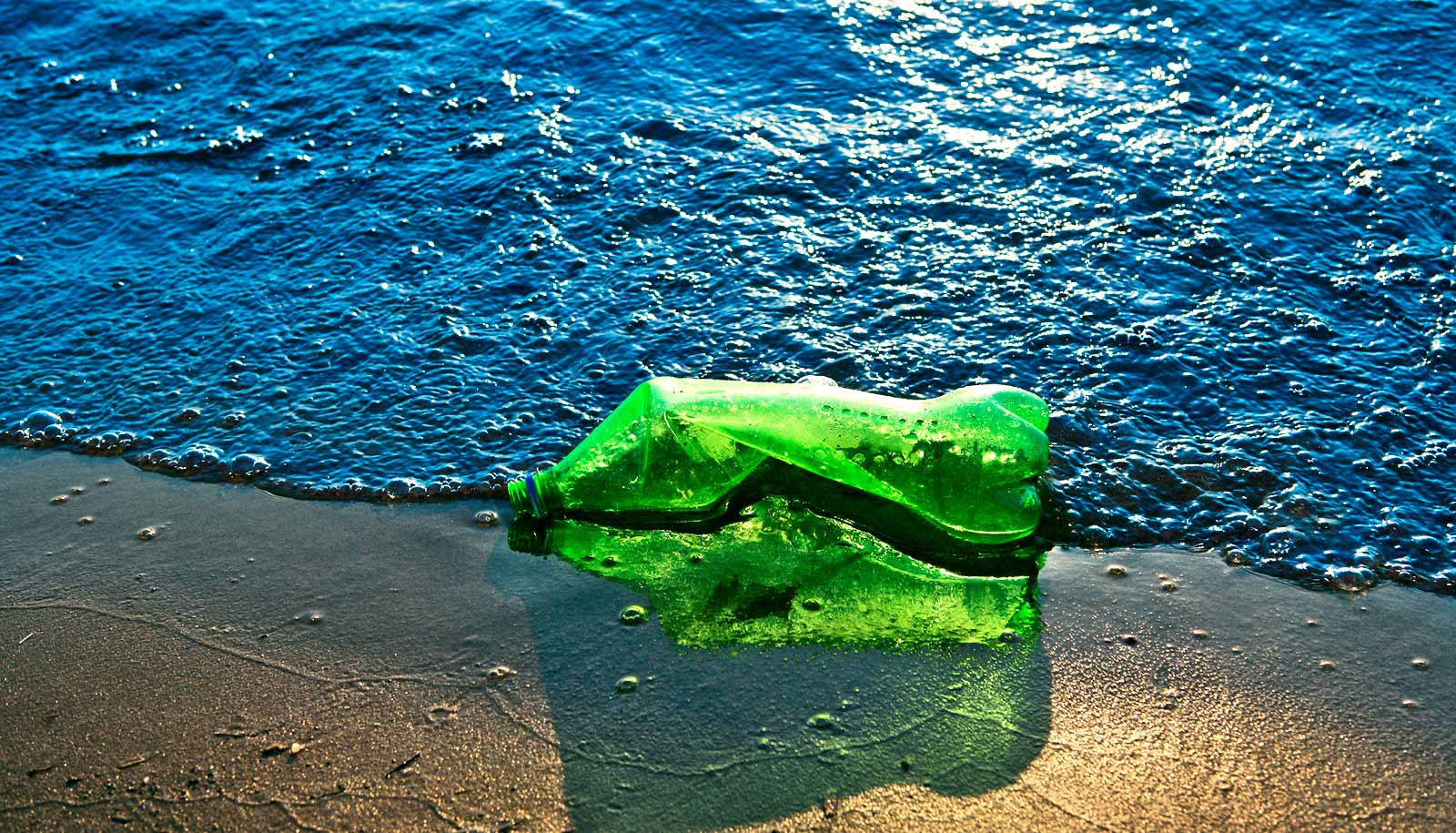A new chemical conversion process could transform the world’s polyolefin waste, a form of plastic, into useful products, such as clean fuels.
The United Nations estimates that more than 8 million tons of plastics flow into the oceans each year.
“Our strategy is to create a driving force for recycling by converting polyolefin waste into a wide range of valuable products, including polymers, naphtha (a mixture of hydrocarbons), or clean fuels,” says Linda Wang, a professor in the Davidson School of Chemical Engineering at Purdue University and leader of the research team developing this technology.
By 2050, estimates suggest the oceans will hold more plastic waste than fish.
“Our conversion technology has the potential to boost the profits of the recycling industry and shrink the world’s plastic waste stock.”
The technology can convert more than 90 percent of polyolefin waste into different products, including pure polymers, naphtha, fuels, or monomers. Now, the team is working to optimize the conversion process to produce high-quality gasoline or diesel fuels.
The conversion process incorporates selective extraction and hydrothermal liquefaction. Once researchers convert the plastic into naphtha, they can use it as a feedstock for other chemicals or further separate it into specialty solvents or other products. The clean fuels derived from the polyolefin waste generated each year can satisfy 4 percent of the annual demand for gasoline or diesel fuels.
“Plastic waste disposal, whether recycled or thrown away, does not mean the end of the story…”
Reading about the plastic waste pollution of the oceans, ground water, and the environment inspired Wang to pursue this technology.
Of all the plastics produced over the past 65 years (8.3 billion tons), about 12 percent have been incinerated and only 9 percent have been recycled. The remaining 79 percent have gone into landfills or the oceans. The World Economic Forum predicts that by 2050 the oceans will hold more plastic waste than fish if people continue dumping the waste into bodies of water.
“Plastic waste disposal, whether recycled or thrown away, does not mean the end of the story,” Wang says. “These plastics degrade slowly and release toxic microplastics and chemicals into the land and the water. This is a catastrophe, because once these pollutants are in the oceans, they are impossible to retrieve completely.”
Wang says she hopes her technology will stimulate the recycling industry to reduce the rapidly rising amount of plastic waste. She and her team are looking for investors or partners to assist with demonstrating this technology at a commercial scale.
Some results of Wang’s study appear in ACS Sustainable Chemistry and Engineering.
Wang’s technology is patented through the Purdue Research Foundation’s Office of Technology Commercialization.
Source: Purdue University



